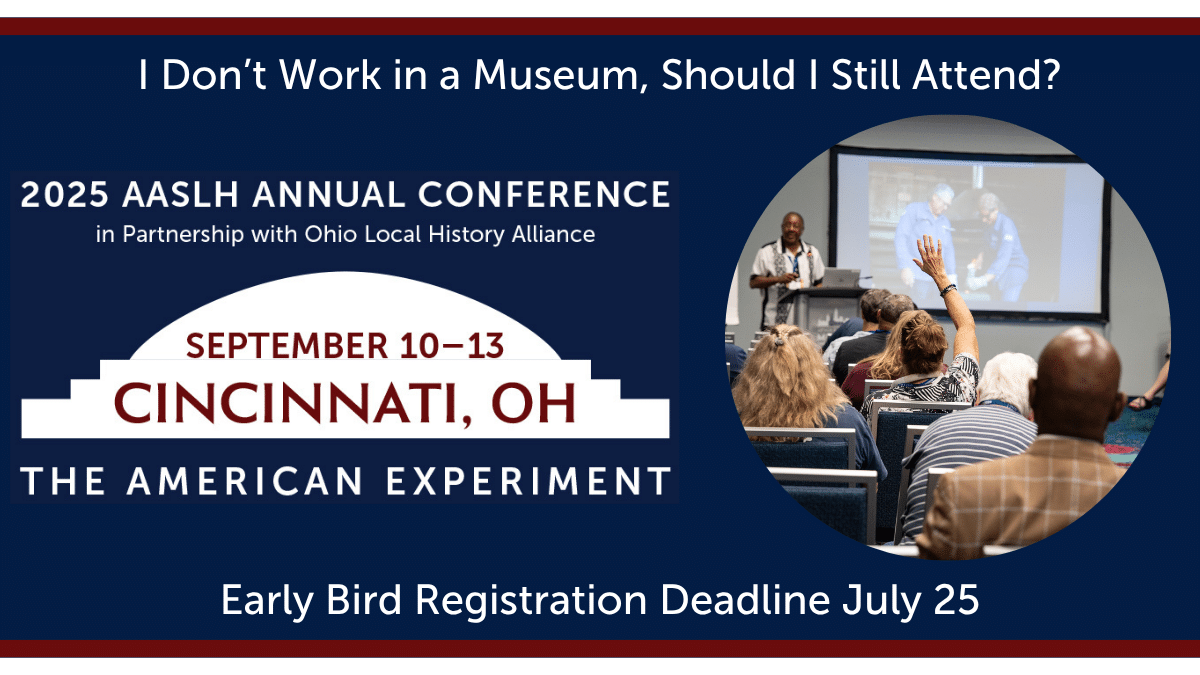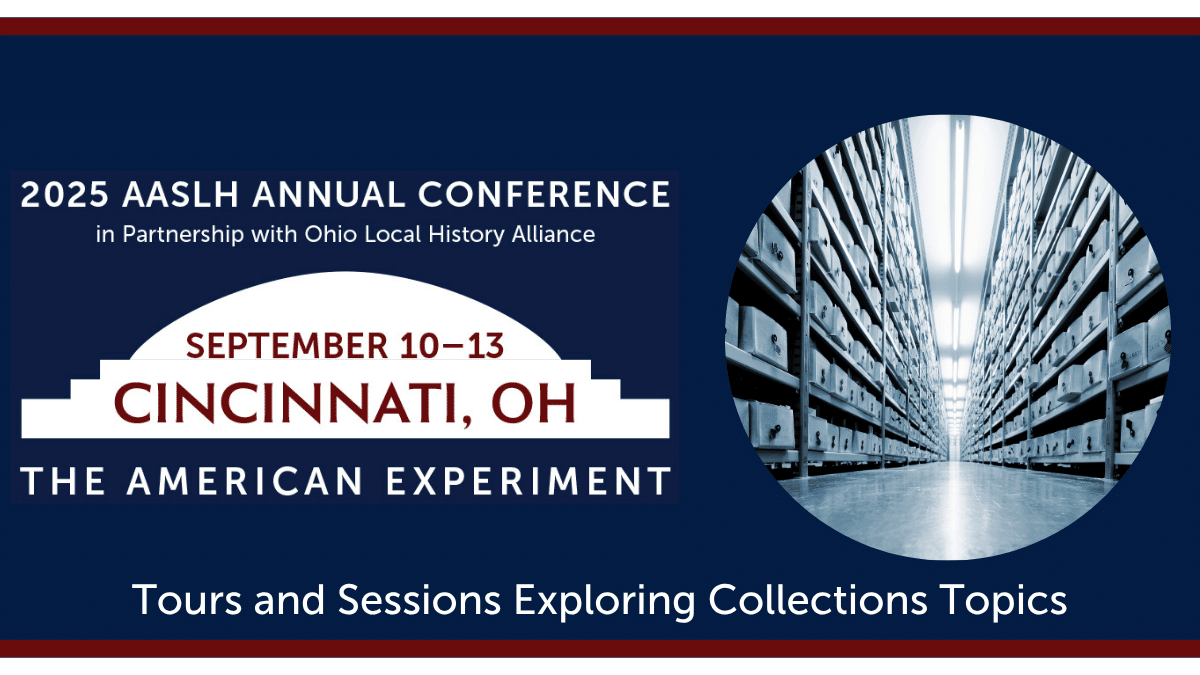The US Department of Education is seeking comments on new proposed definitions and priorities that will guide the future of its various discretionary grant programs.
The Secretary proposes 15 priorities and related definitions for use in discretionary grant programs. These definitions are intended to replace the current supplemental priorities for discretionary grant programs that were published in 2010.
Of the 15 proposed priorities, there is not one that is directly related to history or civic education.
AASLH is a proud partner of the National Coalition for History, and we are asking for your help. This is an opportunity to persuade the Department to include history and civic learning as priorities in the Department’s discretionary grants process.
We are asking you to weigh-in and provide the Department with reasons why discretionary grants for history education and civic learning should be a top priority.
The deadline for submitting comments/suggestions is: Thursday July 24, 2014.
This is a unique opportunity to get history and civics education back on the Department’s radar screen, and to demonstrate support for these subjects on Capitol Hill.
Learn more and read the definitions of the 15 proposed priorities.
WHAT TO ASK FOR
We are asking that History and Civic Learning be given its own Priority Area equal to that of Priority 7—Science, Technology, Engineering and Mathematics (STEM) education.
Please note that we are working closely with the Campaign for the Civic Mission of Schools in this effort, so please do not leave civic learning out of your message. We feel it is important that the two be linked to increase our chances of success.
[vc_empty_space]
You can use this draft language, just fill in your contact information:
Date
Margo Anderson
U.S. Department of Education
400 Maryland Avenue SW., Room 4W311
Washington, DC 20202– 5930
Dear Ms. Anderson:
The XXXXXX is grateful for the opportunity to comment on the Secretary’s of Education’s proposed supplemental priorities and definitions for discretionary grant programs.
Our concern is straightforward: maintaining the strong presence of history education and civic learning in the curriculum; and providing the continuing professional development required for this work to take place at the high standard befitting its significance.
History organizations, museums, and sites across the country play an essential role in history education and civic learning, and the education of America’s citizens.
The XXXXXXX proposes that the following priorities be included in the Secretary’s proposal:
- Establish a separate Priority Area for History and Civic Learning similar to proposed Priority Seven for STEM.
- Fund innovative civic learning and history projects that target under-served school populations (as outlined in the Sandra Day O’Connor Civic Learning Act of 2013 bill);
- Support civic learning/history teacher professional development models that are replicable;
- Implement civic learning /history projects that employ new technologies;
- Fund projects that encourage school – community partnerships and thus enhance students’ civic knowledge and skills;
- Encourage states to develop fewer, clearer, and higher standards of learning in the social studies.
The XXXX appreciates the hard work of the Department of Education staff in articulating and promoting the educational priorities vital to quality public education. We wish, once again, to express our thanks for this opportunity to provide our comments on the proposed supplemental priorities.
Sincerely,
XXXXX



